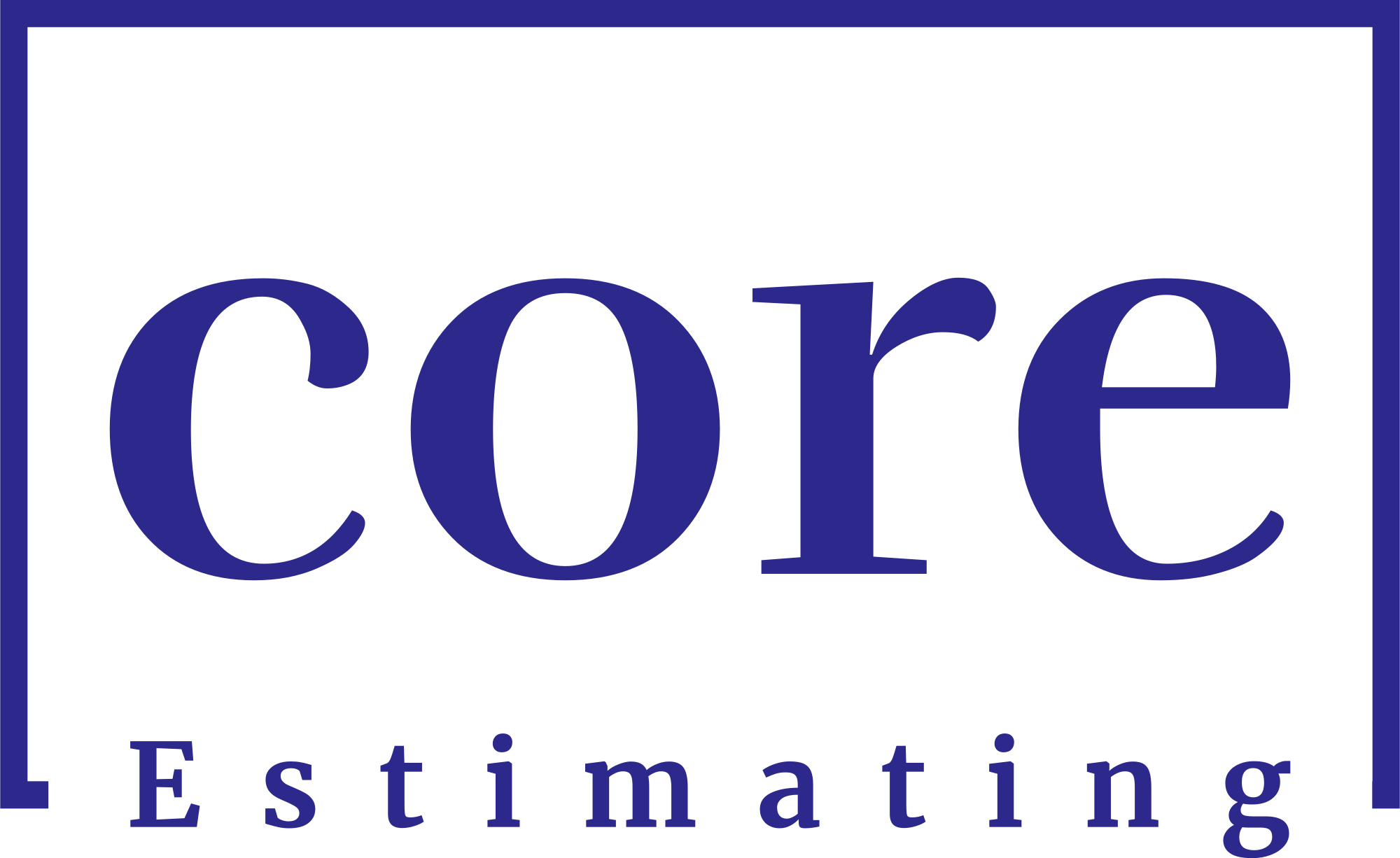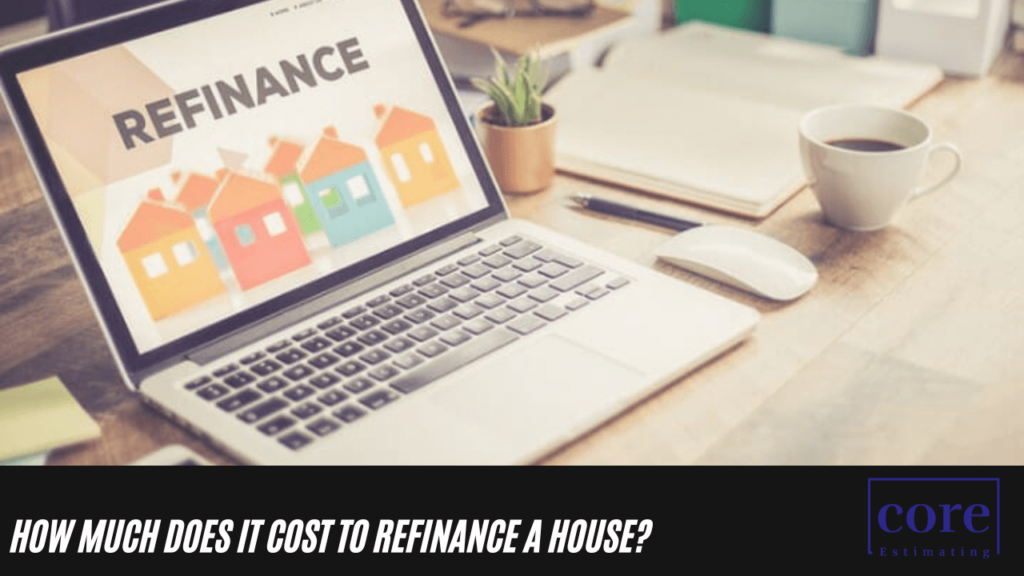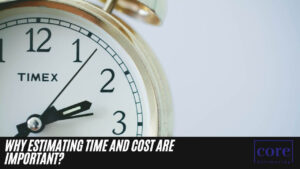Refinancing your home can be a smart financial move, but it’s essential to consider the costs associated with it. In this article, we’ll delve into the details of how much it costs to refinance a house, providing a comprehensive guide to help you make an informed decision.
What is Refinancing?
Before we explore the costs, let’s briefly understand what refinancing means. Refinancing is the process of replacing your current mortgage with a new one, usually with better terms or lower interest rates. It can help you save money in the long run, but it does come with upfront expenses.
If you’re in need of construction estimate services, simply go to homepage or follow the links below:
| Services | Links |
|---|---|
| Detailing Services | Link |
| Building Information Modeling | Link |
| General Contractor | Link |
| Subcontractors | Link |
| MEP | Link |
Common Costs of Refinancing
When you decide to refinance your home, several costs come into play:
1. Mortgage Application Fee
Lenders typically charge an application fee to process your refinance application. This fee can vary but usually ranges from $300 to $500.
2. Loan Origination Fee
This fee covers the administrative costs of creating a new loan. It’s typically about 1% of the total loan amount.
3. Appraisal Fee
To determine the current value of your home, an appraisal is necessary. Appraisal fees can range from $300 to $500.
4. Credit Report Fee
Lenders will pull your credit report to assess your creditworthiness. This fee is usually around $30.
5. Title Search and Title Insurance
You’ll need a title search to ensure there are no legal issues with the property’s title. Title insurance protects you in case any problems arise during the process. These costs can vary but are typically around $400 to $1,000.
6. Points
You may choose to pay “points” to lower your interest rate. Each point costs 1% of your loan amount and can significantly reduce your interest rate.
7. Closing Costs
Closing costs include various fees, such as attorney fees, settlement fees, and recording fees. They can add up to about 2% to 5% of your loan amount.
Additional Considerations
1. Break-Even Point
To determine if refinancing is a wise financial decision, calculate the break-even point. This is the time it will take to recoup the costs of refinancing through the savings on your monthly mortgage payments.
2. Length of Stay
Consider how long you plan to stay in your home. If you’re planning to move within a year or two, the savings from refinancing might not outweigh the costs.
3. Shop Around
Different lenders offer different terms and rates. It’s essential to shop around and compare offers to find the best deal for your situation.
4. Negotiate
Don’t hesitate to negotiate some of the fees with your lender. They may be willing to reduce certain costs to win your business.
Conclusion
Refinancing your house can be a savvy financial move, but it’s crucial to be aware of the costs involved. By understanding the various fees associated with refinancing and considering factors like the break-even point and your future plans, you can make an informed decision that benefits your financial well-being.
So, whether you’re looking to reduce your monthly mortgage payments, shorten your loan term, or access your home’s equity, knowing the costs of refinancing is the first step in achieving your homeownership goals






